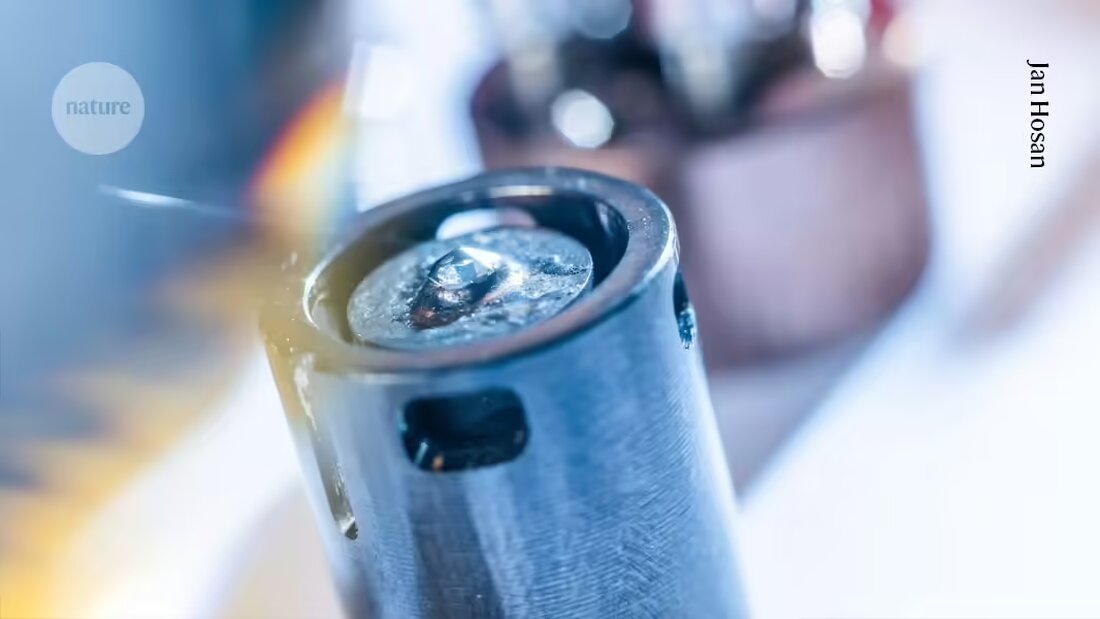Researchers studying high-pressure superconductors — materials that have zero electrical resistance when compressed — are under pressure again. The field is still recovering from a scandal in which physicist Ranga Dias claimed to have discovered room-temperature superconductors, but from his employer extensive scientific misconduct was determined.
Now there are concerns again, this time about the results from the laboratory of Mikhail Eremets, a physicist at the Max Planck Institute for Chemistry (MPIC) in Mainz, Germany. In 2015, Eremets announced a sensational discovery that the compound hydrogen sulfide is superconducting up to 203 Kelvin (-70 °C) at a pressure of 155 gigapascals - slightly less than the pressure at the center of the Earth. Most materials only exhibit superconductivity at much lower temperatures; for example, the previous record holder for the same type of superconductivity, magnesium diboride, only works up to a frosty 39 Kelvin (−234 °C). So Eremet's discovery was a step forward.
Since then, Eremets and his colleagues have continued to gather evidence about superconductivity in hydrogen sulfide and other hydrogen-based materials called hydrides. Your article published in June 2022Nature Communicationsstudied hydrides and their magnetic properties, which are crucial for materials that are superconductors. But in November, theorists Jorge Hirsch of the University of California, San Diego, and Frank Marsiglio of the University of Alberta in Edmonton, Canada, contacted the journal with concerns, sparking a years-long dispute over data.
On March 6 of this year, after Hirsch and Marsiglio raised further concerns about the article's dates, the editors ofNature Communicationsadded a note to the article indicating that they had been made aware of potential problems with the processing of the raw data. A spokesperson for the journal says editors are waiting for technical feedback from reviewers, which they will use to make a decision on the article. (Natureis editorially independent ofNature Communications.)

 Suche
Suche
 Mein Konto
Mein Konto

